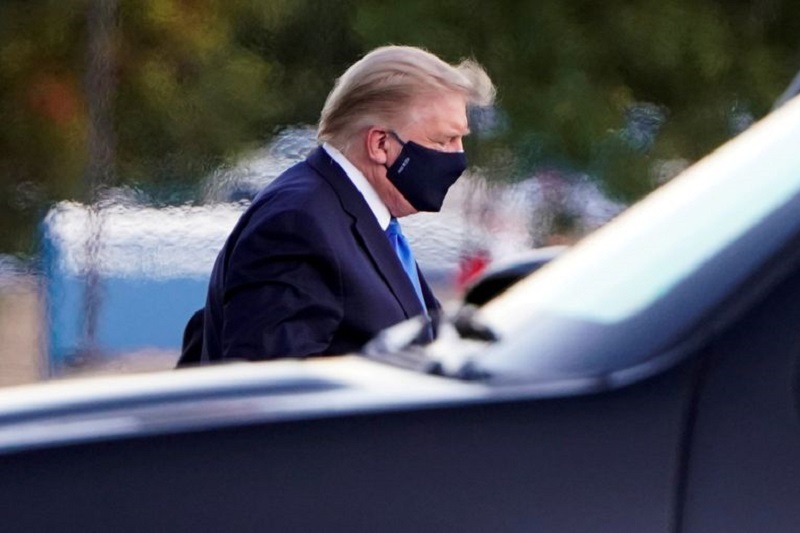G7 draws up plans to backstop debt-raising for Ukraine with Russian assets
Stay informed with free updates
Simply sign up to the War in Ukraine myFT Digest — delivered directly to your inbox.
Western governments are drawing up plans to issue debt to help fund Ukraine, using Russian assets as a backstop for the repayment in a move that would force Moscow to start paying for its invasion.
Under the plans, Kyiv’s allies could raise debt to fund the war-torn country. The coalition supporting Ukraine would demand that Russia repays the debt and, if it fails to do so, would seize frozen Russian sovereign assets instead, according to officials familiar with the discussions,
The Belgian government has circulated the plans to G7 nations, several officials with knowledge of the proposals told the Financial Times. Officials from two G7 nations said that it was now a leading option to unlock the frozen funds for Ukraine.
Structuring the support in this way would allow the coalition to raise funds for Ukraine without needing to immediately resolve legal questions about other nations’ grounds for the seizure of Russian sovereign assets.
“One of the things that this would do is put off the question of what happens to the Russian sovereign assets, even though they would be used as collateral,” a person with knowledge of the negotiations told the FT.
The plan would provide “a bit of liquidity to the Ukrainians based on a promise that’s already been made by the coalition that Russia will pay”, they said, referring to the G7 commitment last year in Hiroshima that “Russia must both end its illegal war of aggression and pay for the damage it has caused”.
Washington has been pushing its allies to find ways to seize the €260bn of Russian central bank assets that have been immobilised abroad in response to Vladimir Putin’s full-scale invasion of Ukraine in 2022. Around €191bn of Moscow’s assets are held in Euroclear, a Brussels-based securities depository.
But Paris and Berlin have expressed particular caution as they are concerned about legality, financial stability and possible reprisals.
The German government has said it supports using the returns generated by Russian assets held at Euroclear, which amounted to €4.4bn last year. Berlin has, however, been against seizing the underlying assets. Along with France and the European Central Bank, it has raised concerns that this could have financial stability implications.
An official involved in the transatlantic discussions told the FT that Belgium had been promoting the idea of raising debt against the assets in a bid to build a compromise position.
“Using the assets as collateral to raise debt is an attempt to find a compromise between different viewpoints around the table, both within the EU and . . . the G7,” the official said.
Alexander De Croo, Belgium’s prime minister, said last month that western countries “need to work on a mechanism” to leverage the assets. “For example, they can be used as collateral for raising funds for Ukraine,” he said.
The Biden administration has previously expressed support for a bill currently in Congress that would allow it to “to seize Russian sovereign assets for the benefit of Ukraine”.
Last year, it circulated a discussion paper among G7 members which said Ukraine’s allies could “seize Russian sovereign assets as a countermeasure to induce Russia to end its aggression”.
David Cameron, UK foreign secretary, said in December that he was confident a legal route to seize Russian state assets could be found.
Source link




